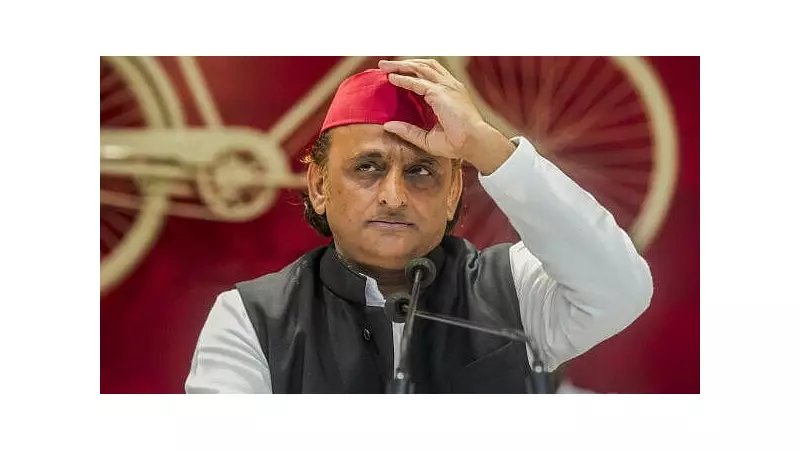
The political landscape in Uttar Pradesh has been set ablaze as BJP leaders launched a fierce counterattack against Samajwadi Party chief Akhilesh Yadav for his critical comments about the state government's Deepotsav celebrations.
Political Clash Over Festival Expenditure
The controversy erupted when Yadav questioned the substantial financial resources being allocated to the Deepotsav festival organized by the Yogi Adityanath administration. The former chief minister's remarks immediately drew sharp reactions from the ruling party, setting the stage for a major political confrontation.
BJP's Forceful Response
Senior BJP leaders came out swinging against the opposition leader, accusing him of attempting to politicize a cultural and religious celebration. They emphasized that the Deepotsav festivities represent Uttar Pradesh's rich cultural heritage and serve as a platform to showcase the state's traditions to the world.
Party representatives defended the government's expenditure, arguing that the festival generates significant tourism revenue and provides economic opportunities for local artisans and small businesses. The celebrations have put Uttar Pradesh on the global cultural map, they contended, bringing international attention to the state's Diwali traditions.
Defending Cultural Heritage
BJP spokespersons highlighted that under the current administration, Deepotsav has evolved into a grand celebration that honors both religious significance and cultural preservation. They pointed to the massive public participation and the positive national and international media coverage as evidence of the event's success.
The ruling party leaders questioned Yadav's own track record regarding cultural event organization during his tenure as chief minister, suggesting his criticism stemmed from political frustration rather than genuine concern for public funds.
Broader Political Implications
This exchange marks another chapter in the ongoing political rivalry between the BJP and Samajwadi Party in India's most populous state. The confrontation over festival expenditures reflects deeper ideological differences regarding governance priorities and cultural promotion.
Political analysts suggest that such debates around religious and cultural celebrations often become proxy battles for larger political narratives in Uttar Pradesh, where identity politics and cultural symbolism play significant roles in electoral dynamics.
As the war of words intensifies, both parties appear to be positioning themselves for upcoming electoral challenges, using cultural events as platforms to reinforce their respective political narratives and connect with different voter constituencies.





